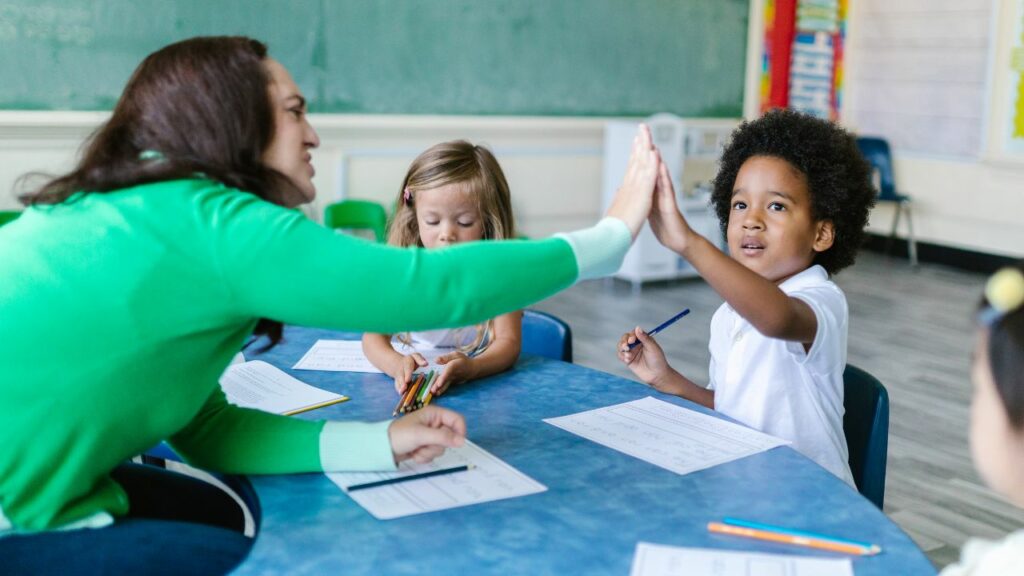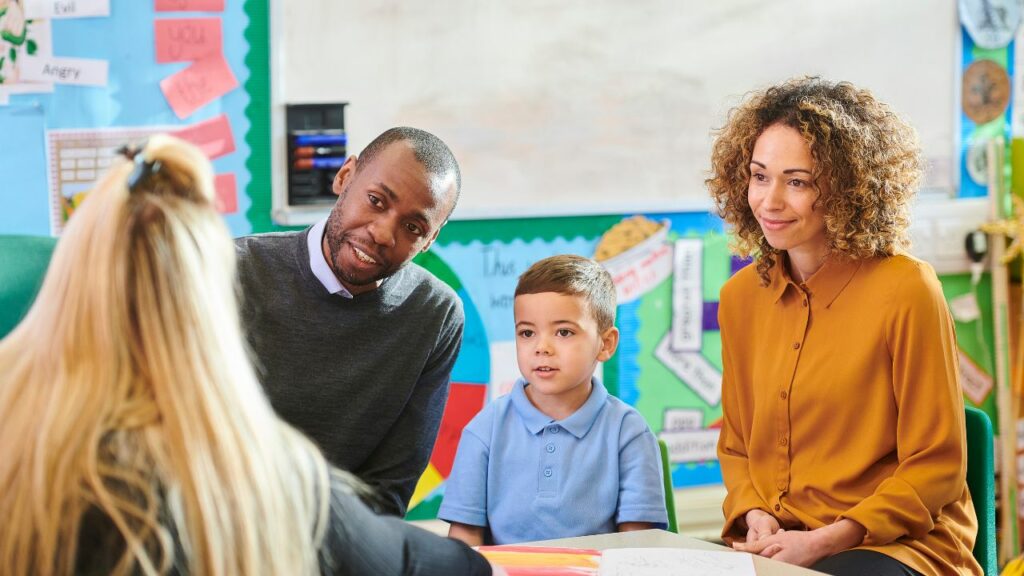School and Family Collaboration
Topics
Topics
Decision-Support Tools
Interactive, data-driven platforms designed to transform how you approach literacy education.
Multi-Tiered System of Support in Reading Guide
This MTSS-R guide leads you through the process of implementing a system that meets students where they are, throughout their learning journey.
Adolescent Assessment of Literacy Tool
The AAL tool is a free screener designed to measure reading and language skills that are critical for students’ overall literacy development.
State of Dyslexia Legislation Map
Quickly find information about Dyslexia legislation where you live, including: regulations, teacher certification requirements, and resources for parents and teachers.
Benchmark Effectiveness & Actionable Core Outcomes Navigator
Use the BEACON calculator to determine the effectiveness of instruction on student risk profiles over time.
Pre-K Reading Assessment
The Pre-K Reading Assessment is an interactive tool designed to help adults understand the early reading and language skills of their pre-kindergarten students.





